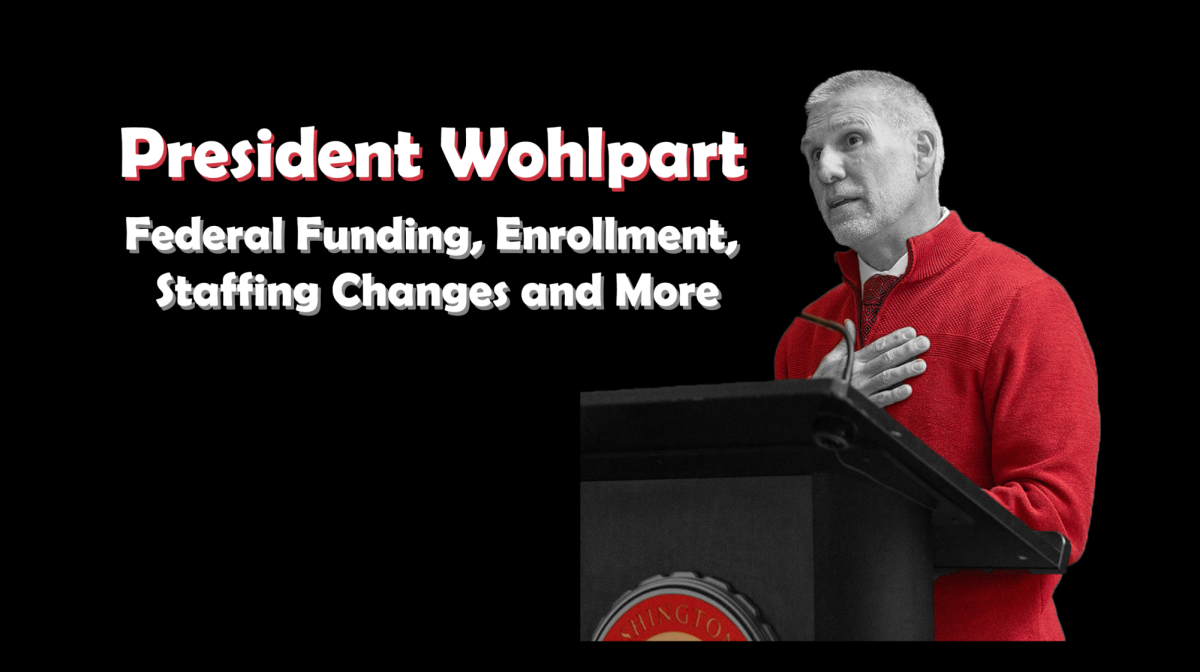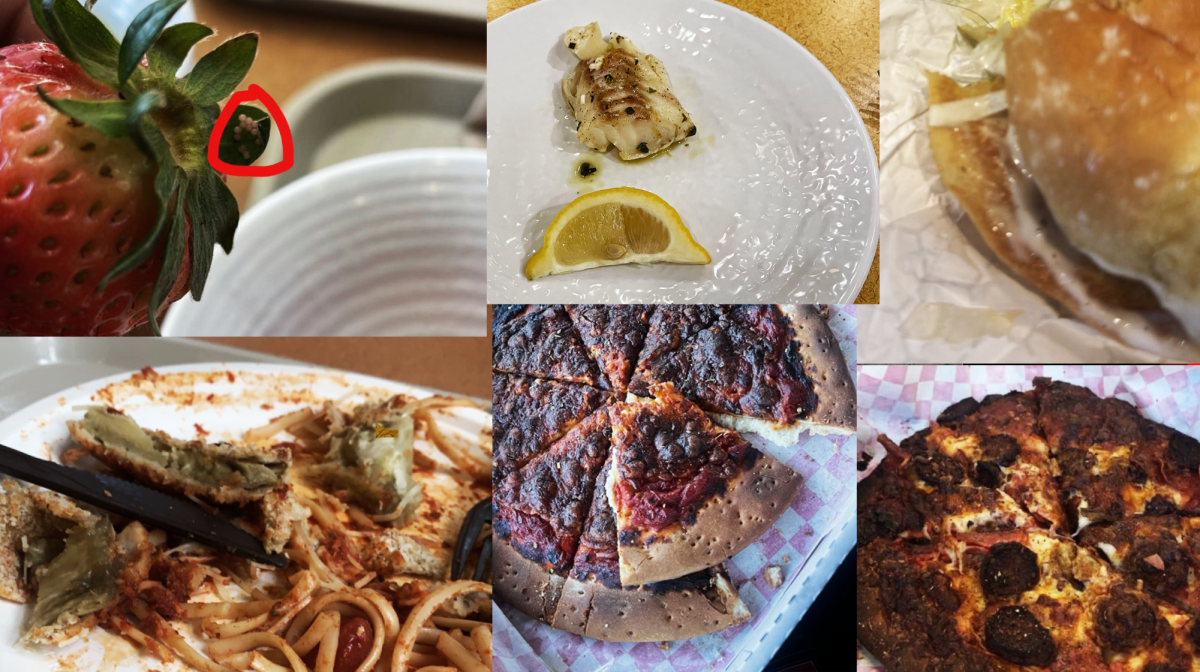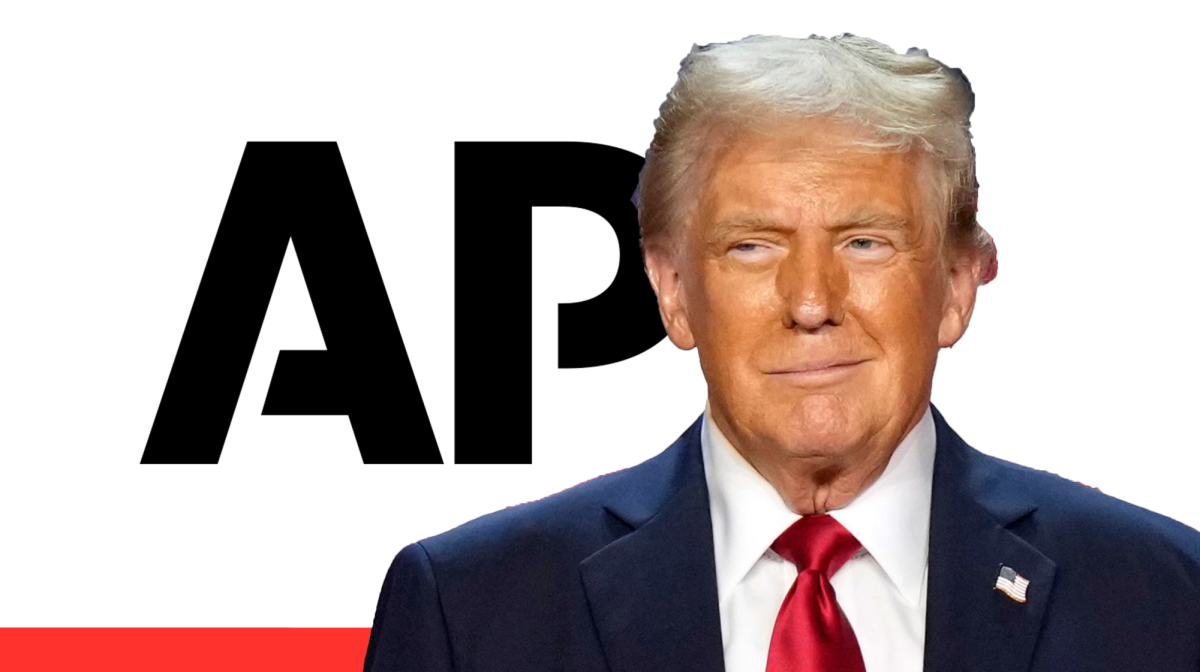Last week, The Observer’s cover story discussed an ethical dilemma in which CWU President Jim Wohlpart directly offered an internship to The Observer’s Editor-in-chief (EIC) Isaac Hinson, according to Hinson’s account of the event. An internship is a graduation requirement for a bachelor’s degree in Media & Journalism, which Hinson is working towards. Such an offer would undermine Hinson’s ability to remain free of bias when reporting on matters relating to President Wohlpart, creating a conflict of interest between a student journalist and the head of the university. Hinson has since committed to refraining from writing about President Wohlpart during his tenure as EIC in an effort to keep his hands clean from Wohlpart’s breach of journalistic conduct.
The Observer’s staff neglected to provide sufficient context to the article. We apologize for any confusion this may have caused. Our readers weren’t in the room where it happened and we did you a disservice by failing to provide further, necessary, information. In the remainder of this story, we hope to further clarify the situation and explain why we believe President Wohlpart’s offer was important to report on.
President Wohlpart’s relationship with Hinson before Feb 13. was largely nonexistent. According to Hinson, he had interviewed President Wohlpart once previously. However, according to Hinson, Wohlpart did not recognize him going into this most recent interview, acting as if they were meeting for the first time. President Wohlpart had made no such offers to the two previous Observer EICs Morgana Carroll and Katherine Camarata during his tenure. No precedent exists, to The Observer’s knowledge, that relationships between EICs and President Wohlpart were anything but purely professional and Observer-related.
The avenue through which this prospective internship was to be obtained was David Leder, Associate Director of Strategic Communications and University Relations. During a phone call with The Observer’s News Editor, Winnie Killingsworth, on Feb. 13, Leder maintained that he had not been approached by President Wohlpart regarding the internship opportunity prior to, or following Hinson’s interview. In short, Leder was completely in the dark regarding the topic.
Leder’s out-of-the-loop position along with President Wohlpart’s lack of knowledge on Hinson led staff at The Observer to question President Wohlpart’s intentions when offering such an opportunity. While student success should be of the utmost importance to any university president, frankly, we at The Observer believe that President Wohlpart’s direct approach to Hinson was inappropriate due to his position as EIC, and falls outside President Wohlpart’s jurisdiction as president.
It’s important to note that all conversation regarding the offer occurred, intentionally or not, outside of Hinson’s recorded interview, which focused solely on the hiring of CWU’s new provost. That being said, there is no record of this conversation taking place excluding Hinson’s testimony and Andrew Morse’s (Chief of Staff and the Vice President of University Relations) response to further questioning about the offer, as mentioned on the front page of The Observer’s last issue.
The Society of Professional Journalists’ (SPJ) Code of Ethics, states that journalists should “Refuse gifts, favors, fees, free travel and special treatment, and avoid political and other outside activities that may compromise integrity or impartiality, or may damage credibility.”
This is repeated in The Observer’s own policy manual in three separate instances. Employees and reporters should: “Avoid conflicts of interest, real or perceived. Remain free of associations and activities that may compromise integrity or damage credibility. Refuse gifts, favors, fees, free travel and special treatment, and shun secondary employment, political involvement, public office and service in community organizations if they compromise journalistic integrity.” It goes without saying that integrity, and the ability to dissociate oneself from bias, are essential to maintaining a career as a journalist.
At The Observer, we hold ourselves to a high standard regarding this matter. Our codes and our beliefs echo those found at any credible news outlet in the “real world.” While we have no ill feelings toward President Wohlpart, acknowledging his offer invalidates the contract each and every member of The Observer is required to sign before joining the team in any capacity. Hinson would be unable to maintain the sacred credibility he has as a journalist if he entertained the possibility of an internship as mentioned by President Wohlpart.
This violation would go beyond the newsroom at CWU. Information reported by Hinson in the future could be potentially tainted by his interaction with President Wohlpart, and Hinson’s own journalistic integrity could be put into question by audiences as well as employers. It’s a big deal. Regarding the offer itself, President Wohlpart should not have addressed Hinson about an internship opportunity in an interview capacity. This is a separate conversation to have, removed from the shadow of Hinson’s work at The Observer.
Part of a newspaper’s role is to serve as watchdog for those in authority positions. For campus newspapers like The Observer, a university president is one such figure. We at The Observer would be failing to fulfill our role as watchdog if this ethical dilemma was not made public for the aforementioned reason.







